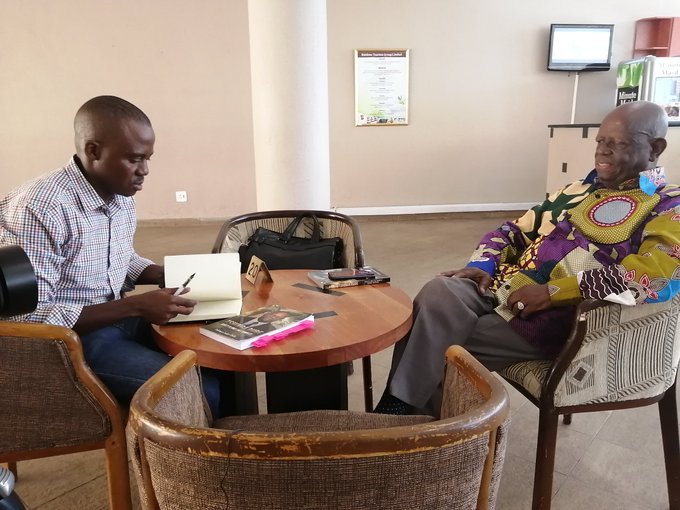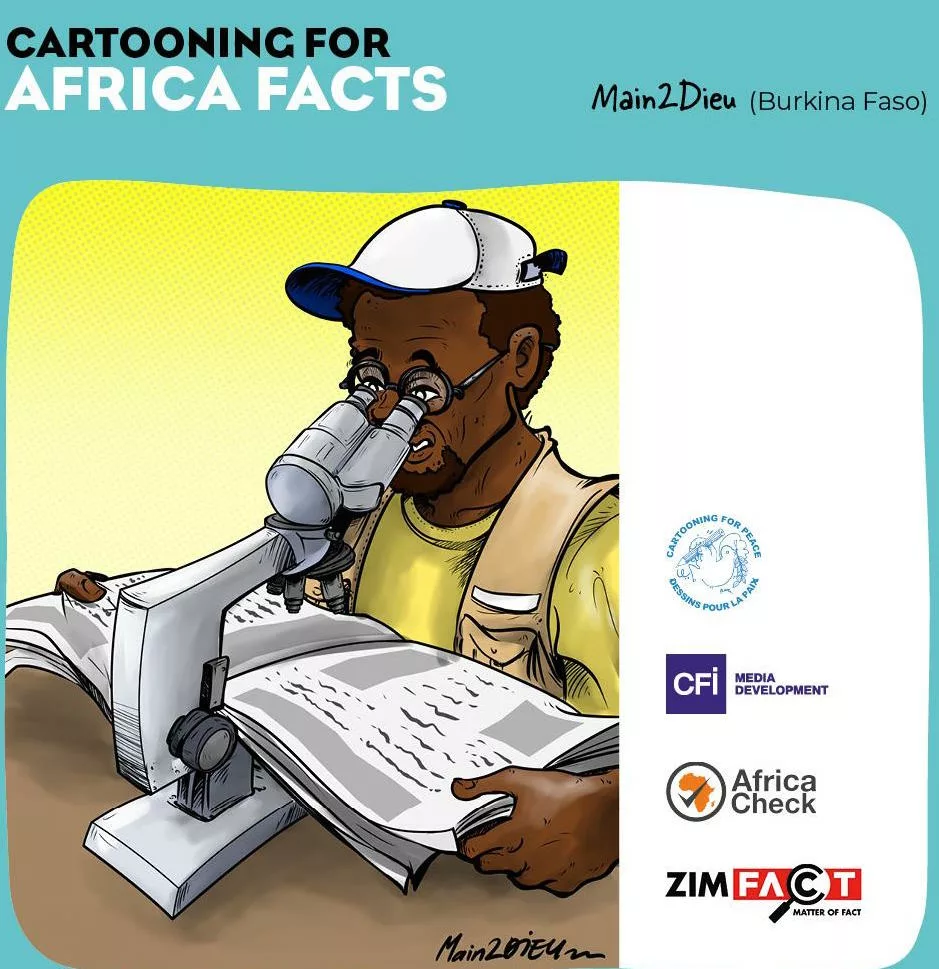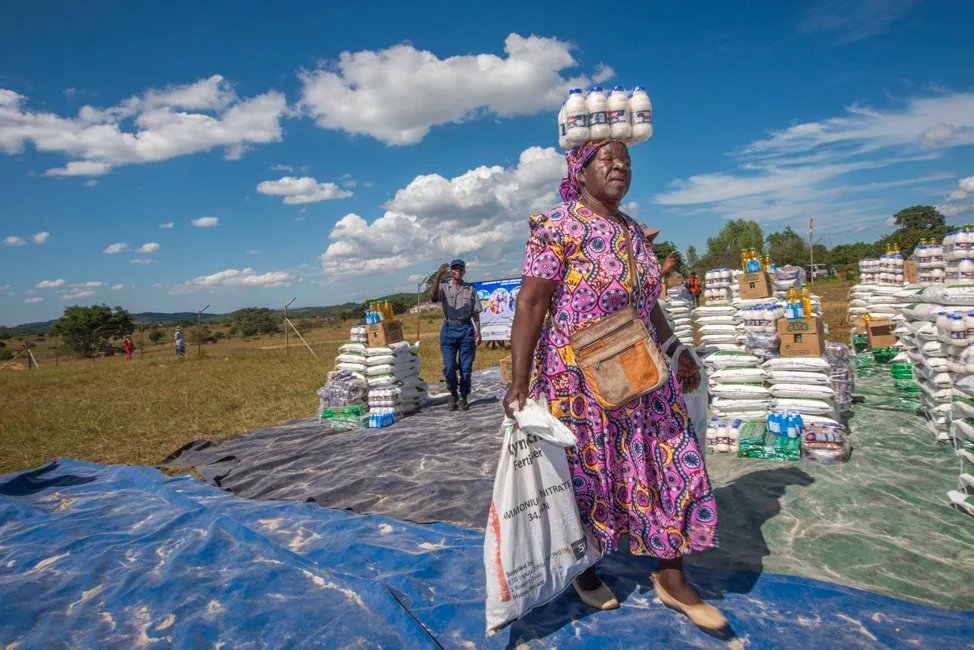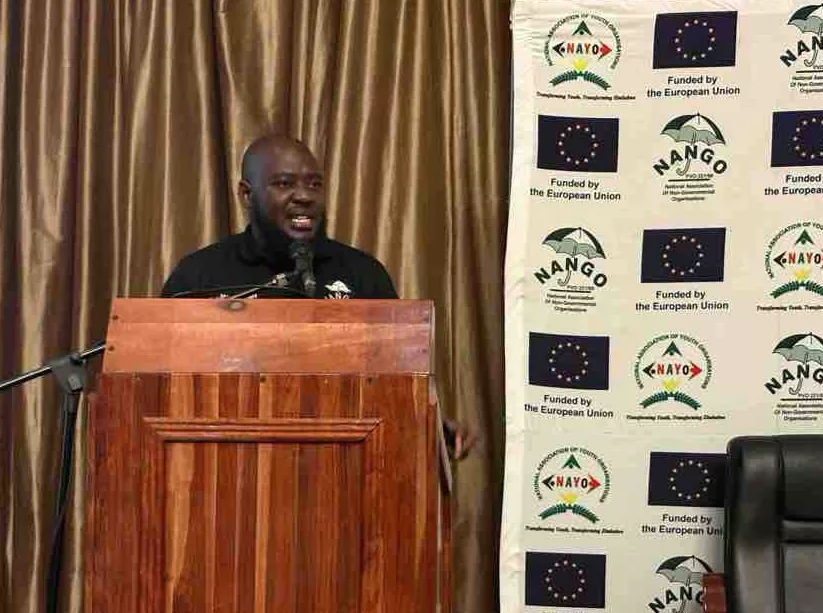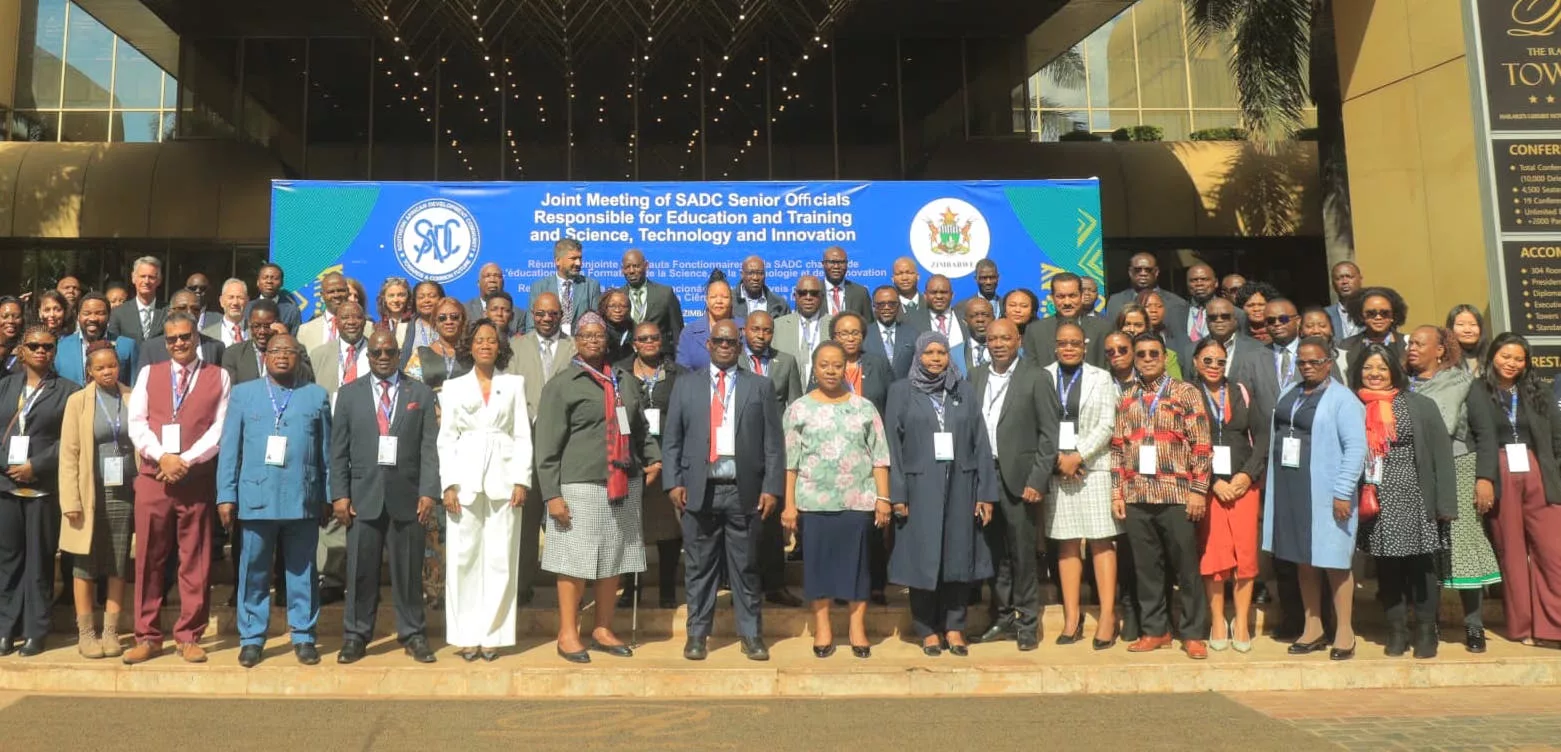By Richard Mahomva
Consolidating the past to lasting memories
Towards the end of 2019 book-lovers witnessed the launch of significant national reminiscent literary work by two veteran nationalists, Retired Colonel Tshinga Dube and Ambassador Cain Mathema. Over the years, Ambassador Mathema has extensively contributed to the body of knowledge in the area of Zimbabwe’s political-economy, social anthropology, African cultural philosophy, liberation memory among other enthusing faculties which are critical in reaffirming our national being.
On the other hand, Rtd Col Dube has entered the theatre of letters with his biography, Quiet Flows the Zambezi. The writings by these two former combatants and leading national figures contribute to igniting a fading memory of our liberation story and the values it embodies.
Of late, attempts to find our national connecting point has been disparaged as the state’s systematic manipulation of history to promote a linear and Zanu-centric national identity. Often times, the retelling of our history is dismissed as “propaganda”. However, one wonders why Zanu-PF must be excluded when the past is told and yet our nationalist past is inherently couched in the revolutionary exploits of Zanu-PF. Today, Zanu-PF is a collective personification of the socio-economic and political motives which culminated to our freedom. The writings by Rtd Col Dube (2019) and Mathema (2019) break the apologetic tradition of a “deliberate and sponsored” silencing of the national story.
The two writers break superficial apologetic incline to telling our past. Both political writers render a far-sighted account of the benefits of our unity as a people.
Our politicians, especially those from the ruling party, Zanu-PF must be bold enough to take their stand in reminding the masses that we owe our sovereignty to ourselves. As we head towards the 40th anniversary of our birth as a nation we need to have more biographies coming from those who fought for the liberation of this country.
We need more memoirs to unpack the sources of the structural challenges which for long have stagnated the economic progress of this country. This way we can be able to exploit the past to correct the wrongs of today and build hopes for a better future for our motherland.
It’s understandable that more writings from those who represent the incumbency will tend to align their reason in a manner which carries some optimism in the face of the current national challenges. At the same time, it is also expected that those who are not linked to the establishment will unpack the prevailing challenges in a manner which seeks to unseat Zanu-PF out of power.
This explains why many writers opposed to the ruling and the values it represents have been involved in an extensive literary warfare to disfigure the popularity of the ruling party. Anyway, this is what must happen in a democracy, ideas must converge and at some point permit a critical disengagement from the given.
This permits readers of the national story to locate their place of abode in the scheme of things. In all this, we must be united by our past as a people to determine our destiny from a collectively and intelligent position which connects our sources of dissent to the binding aspects of our national memory.
(De)Politicisation of Memory: A lie or Reality?
Zimbabwe’s historiography remains a contested notion of academic and mainstream political discourse. It has been argued that national memory as a tool for hegemony has remained a monopoly of the elite with a less impetus to engage the ordinary citizen on the path our political reform has unfolded over the years. The memory of the pre-colonial and the colonial era has been entrapped in the imperial hegemonic circles which continue to direct the narratives informing our appreciation of the present.
On the other hand, various structures of knowledge capital namely the academia, media and civil-society have contributed to the demise of the Zimbabwean post-colonial story. In the process, a selective and incongruent reminiscence of the nationalist legacy has been presented as the linear truth to understanding our past. Over the years the story of Zimbabwe has been narrowly framed to portray Zimbabwe as a failed state characterised by immense political ineptitude and failure in governance.
Part of this predisposition is captured in the memoirs of the country’s liberation luminaries such as Joshua Nkomo, Cephas Msipa, Edgar Tekere among others. The former President, Robert Mugabe is one political figure whose history shall be appreciated from the auto-biographic works produced by anti-establishment enthusiasts who were mainly opposed to the Fast Track Land-Reform exercise and Zimbabwe’s de-link from the West.
This naturally makes readers of Zimbabwean history volatile to strongly opposition-centred ideological manipulation. After 37 years of Robert Mugabe’s unchallenged rule in the face of hard opposition dynamism, it became apparent that because of its people-driven legitimacy, Zanu-PF could not be easily dislodged out of power.
It took a rebirth of Zanu-PF through an internal shift of power to which Emmerson Mnangagwa was the epitome of change. He emerged as the new face of power in Zimbabwean body politic. At the same time, a similar internal power reconfiguration was ushered into the opposition after the passing on of Morgan Tsvangirai.
Academics: Take your place
This calls for a committed effort to understand meaning of the shift of power from Robert Gabriel Mugabe to Emmerson Mnangagwa. The transitional ascendency of Emmerson Mnangagwa presents the academia with a fresh opportunity to re-profile the Zimbabwean story in the context of a reformed political-culture. This was merited in the spirit of the nation’s rebirth couched on principles of widening the democratic space through liberating the media, paving the path for electoral reforms, reforming the security sector, synergising the commerce, industry and the academia in building a sustainable path for the full recovery of the economy. These among many other values, summed the primacy of the “New Dispensation” born out of the November 2017 civil-military transition dubbed Operation Restore Legacy.
Operation Restore Legacy
To this day the philosophy of the Operation Restore Legacy project serves as a historical insignia of Zimbabwe’s entry to an epoch of hope and reigniting of the enduring values of the nationalist tradition which is reinforced on promoting economic development, good governance and social equality of all peoples of Zimbabwe. Operation Restore Legacy also lobbied for the realignment of the ruling party’s values and norms in the face of its internal contradictions which paved way for the rise of Emmerson Mnangagwa. Operation Restore Legacy, restored the dignity and status of Zanu-PF which had been disparaged by the factional dilemmas. Therefore, the import of this project is to map the contours of reform which epitomised the “New-Dispensation” in the ruling Zanu-PF and the nation at large.
The November to Remember
In November 2017, the world witnessed Zimbabwe’s unparalleled political transition following the failed project by the opposition to dislodge Robert Mugabe. Mugabe’s fall from power was undertaken at the collective behest of the military, opposition political parties, civil society the general public. The rise of Emmerson Mnangagwa as the President of Zimbabwe in November 2017 has been perceived as a germinal step towards a progressive shift of power in Zimbabwe since 1980. This transition marked a departure from rigid nationalism to fluid and liberal expressions of state-craft. Consequently, Emmerson Mnangagwa’s rise to power invites an intimate analysis on democratic Zimbabwe’s landscape after the fall of Robert Mugabe and Morgan Tsvangirai. The two played a significant role in shaping the post-land reform political culture and policy-making as Mugabe represented a thesis to the millennial resurgence of nationalism whereas Tsvangirai posed as an anti-thesis to the given of nationalism.
Against this background, there is a need to critically interrogate the significance of this paradigm shift to Zimbabwean politics. At the centre of this analysis is the rise of Emmerson Mnangagwa and how his input to the political discourse settled in a new political-culture in Zimbabwe.
The 2018 Election and Zanu-PF’s Mandate Renewal
His way into office through the 2018 Harmonised Elections had preliminary benchmarks of reform such as liberalising the media, setting a new frame of autonomy to the Zimbabwe Electoral Commission (Zec) and giving room for unhindered campaign of the opposition in the stronghold regions of the ruling Zanu-PF. These monumental shifts in the norming of Zimbabwean politics advance the interest to unpack the new vision of the country embodied in the leadership of Emmerson Mnangagwa.
Emmerson Mnangagwa’s 2018 election messaging was in itself reflective of a prospective norm-shift in governance. As such, the post-election predisposition of Zanu-PF was underpinned on the engagement and re-engagement principle. This position conceived a paradigm shift in the country’s foreign policy as there was a deliberately sought effort to reconcile erstwhile diplomatic tensions with countries in the West — most of which had supported Zimbabwe’s isolation from the international community through the economic sanctions which were effected as a backlash to the Fast-Track Land Reform Programme.
Therefore, there is a need to unravel the importance of Zimbabwe’s engagement and re-engagement policy framework and how it characterises a new philosophy to the culture of the country’s domestic and external politics. At a domestic level the re-engagement latitude has been noted through various initiatives namely the consolidated framework for electoral reform initiated ahead of the 2018 Harmonised Elections; the establishment of the National Peace and Reconciliation Commission, (NPRC) and the Political Actors Dialogue (Polad).
The engagement and re-engagement trajectory demonstrates Zimbabwe’s renewed political reconfiguration interests home and abroad. Flowing from this new interest, the political representations of Emmerson Mnangagwa and his legacy as a reformist, have been deliberately distorted and isolated to erase the reality of the future he is doctoring for Zimbabwe. It is against this background that this publication seeks to offer more analytical clarity on the figure of Emmerson Mnangagwa beyond and across the political narrative(s) that have characterised the discussions on the performance of the New Dispensation and the Second-Republic.
But the disbelievers are asking . . .
This shift in the country’s policy direction presents a dilemma of uncertainty on whether the Mnangagwa-led administration is curating a new environment for inclusive and national interest driven policy-making to replace the old order characterised by partisan power consolidation policy-making habits or this is a remodelled route to re-angling the interests of the ruling Zanu-PF. Could this signal a temporary or a permanent alienation of the economic indigenisation trajectory and having it replaced with an open-market economy policy turn?


